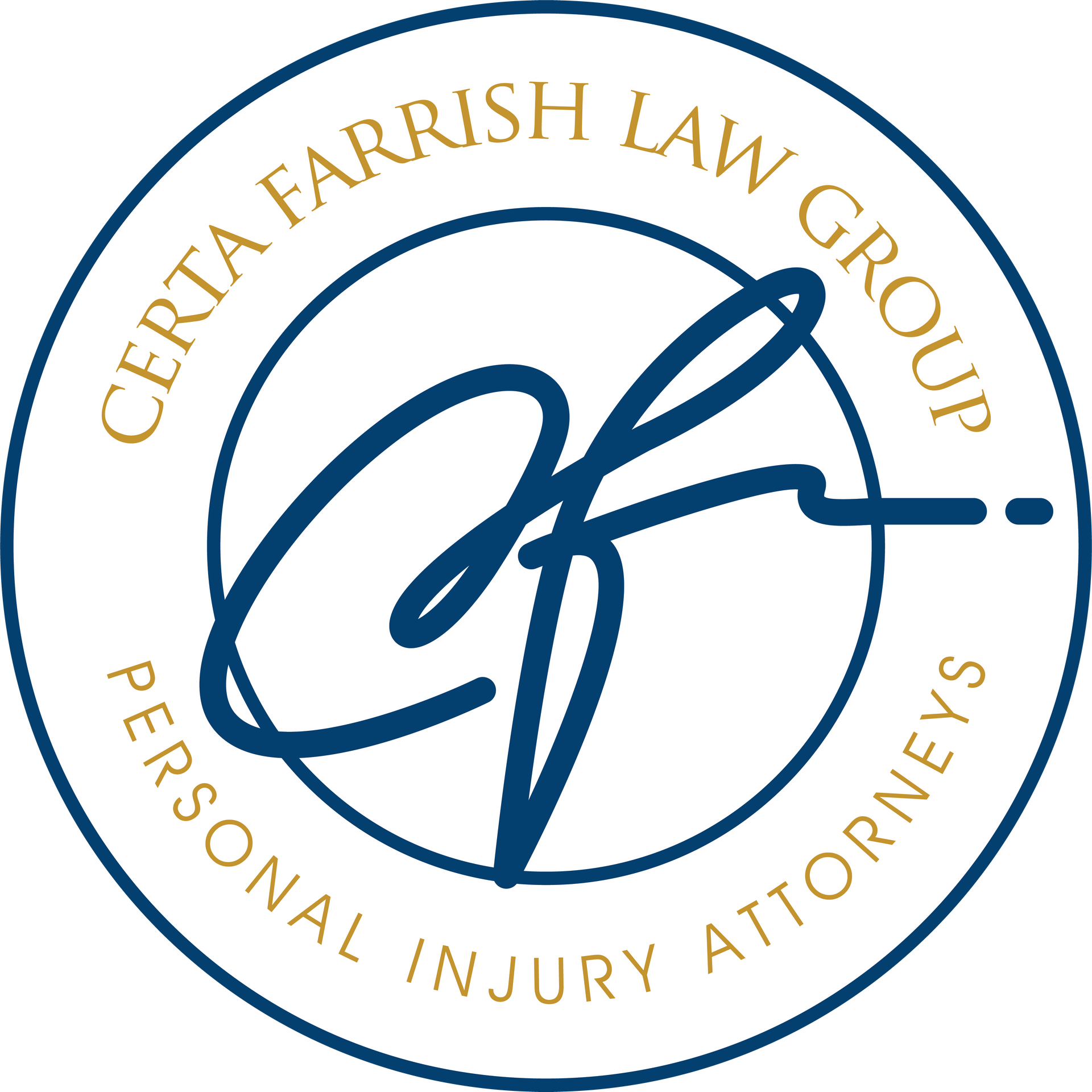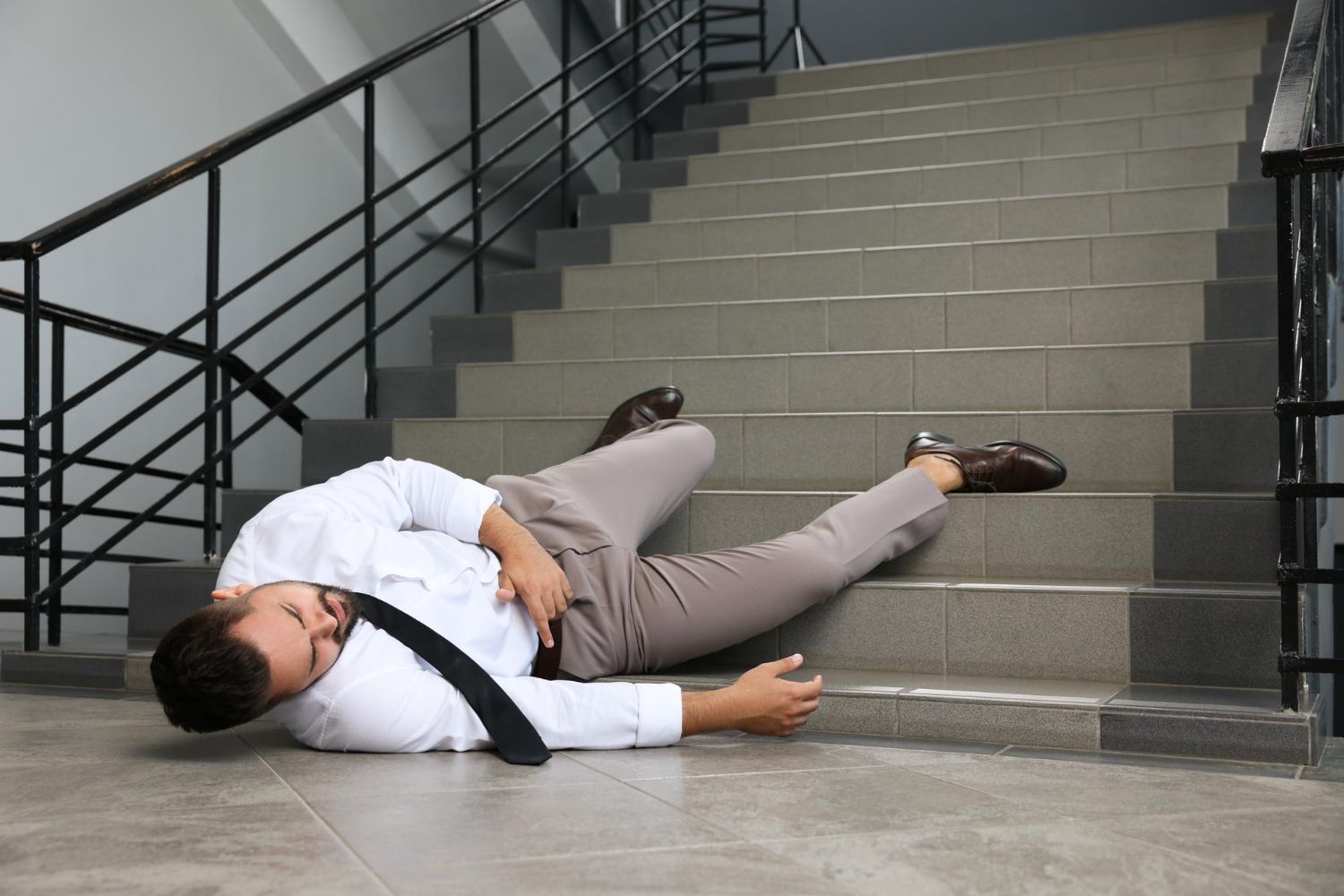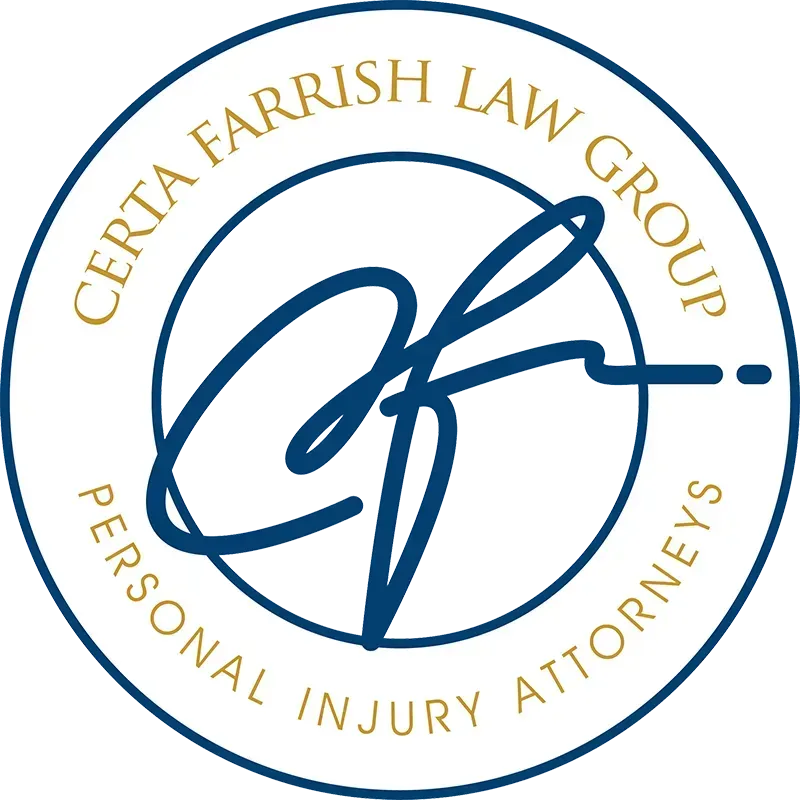When a Quick Stop Turns Into Weeks of Recovery
Lake Stevens Slip & Fall Attorneys
A fall can happen anywhere in Lake Stevens—on wet tile at Market Place, a slick ramp along 20th St SE, or cracked pavement near Frontier Village. If you’re searching for a Lake Stevens slip and fall lawyer, we act fast to protect your claim. We coordinate medical care with local providers, communicate with insurers, and collect evidence (photos, logs, and video) before it disappears.
Next Steps to Take
Small details make a big difference later, so start early to be prepared. This may include:
- Reporting the incident or asking for a written report.
- Photographing the hazard, your shoes, and the surrounding area (including lighting and signage).
- Writing down the time and collecting witness contact information.
- Saving receipts for medical care or supplies.
From there, we’ll send preservation letters to locations like Frontier Village and SR-9 properties to secure camera footage before it cycles out. For broader context on proof and timing, see our slip and fall protocol.
Proving Notice: Lighting, Drainage, and Maintenance Cycles
Slip and fall claims often turn on notice—what the owner knew or should have known about a dangerous condition. We review cleaning logs, maintenance cycles, and weather records to show a spill or defect was ignored too long. In busy lots off SR-9 and 20th St SE, we check lighting, drainage, and sanding policies; inside retail spaces, we analyze inspection schedules and prior complaints. If a dog or animal contributed, our Lake Stevens dog bites page explains how premises and animal claims intersect.
Coverage and Timelines You Should Understand
Washington is fault-based, meaning the property’s insurer typically covers losses once liability is established. Health insurance usually handles early bills. Keep copies of medical records, EOBs, and receipts for mileage and supplies. Although most claims have a three-year window, surveillance video and maintenance data often cycle out within days. Early action gives us time to secure logs and footage before they’re gone—and that proof can make all the difference in settlement talks.
Local Help That Fits Your Routine
A fall doesn’t just cause pain—it disrupts daily life. We streamline communication, coordinate records between clinics and insurers, and keep you informed so nothing falls through the cracks. Whether you were hurt at a grocery entrance near Market Place, on a wet sidewalk by Frontier Village, or in a parking lot along SR-9, we adjust to your schedule so you can focus on healing.
Questions We Hear After Lake Stevens Falls
There was a "caution" sign near the slipping hazard—does that end any chance of my slip and fall case succeeding?
Not necessarily. Placement and timing matter. If the sign was set out after the fall, didn’t cover the slick area, or was blocked from view, liability may still exist. Photos and witness statements help show how effective the warning really was.
Who is responsible if I slipped outside near Frontier Village or Market Place?
Responsibility depends on who controls maintenance and safety. We review leases, contracts, and city records to determine if it’s the tenant, property manager, or landlord.
What evidence helps most after a fall on 20th St SE or SR-9 corridors?
Take clear photos of the hazard, your footwear, and the exact location. Ask for an incident report and request that the business preserve video. Keep medical records, receipts, and a simple log of symptoms and missed work—small details make timelines and damages easier to prove.
Can poor lighting or broken pavement support a claim?
Yes. Uneven walkways and dim lights can constitute negligence if the property owner failed to maintain safe conditions. We document and compare site conditions to local safety standards.
What’s the general deadline for a Lake Stevens slip and fall case?
Many injury claims in Washington have a general three-year window, but key proof—surveillance clips, cleaning logs, work orders—can be gone in days or rotated out on short cycles. Quick action preserves that evidence and strengthens negotiations. If you’re unsure where to start, call us for a free case review and we’ll outline next steps today.


